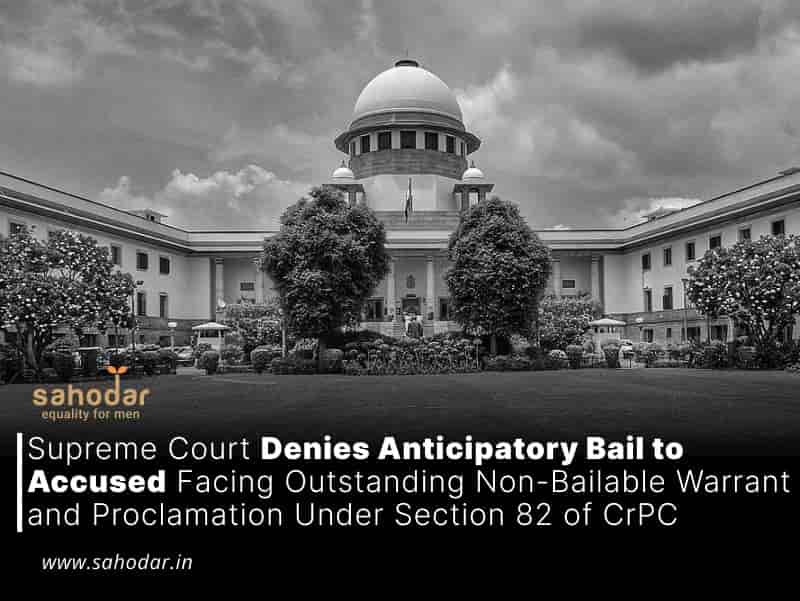“With regard to the maintenance of the child, this court is of the view that in the presence of biological father of the child, the stepfather cannot be asked to maintain the child.”
Tis Hazari Court in Delhi: In a petition filed under Section 23 of the Protection of Women from Domestic Violence Act, 2005 (DV Act), Dr. Neha Kheria, MM., Mahila Court-01, concluded that prima facie, the petitioner appeared to be highly qualified and employed. The Court determined that the petitioner was not eligible for interim maintenance as she was capable of sustaining herself. Additionally, regarding the child’s maintenance, the Court ruled that in the presence of the child’s biological father, the stepfather could not be obligated to provide maintenance. Consequently, the Court decided that the petitioner’s daughter was not entitled to maintenance from the respondent.
Background:
The petitioner asserted that she married the respondent on April 30, 2015, according to Hindu customs. This was her second marriage, and she had a daughter from her previous marriage. The petitioner claimed that the respondent had promised to care for her daughter as his own, but his behavior changed shortly after the marriage. He began discussing his relationships with other women, both Indian and foreign, and neglected the petitioner’s daughter, refusing to cover her school expenses.
In August 2015, the petitioner discovered documents related to the respondent’s previous divorces. When she confronted him, he verbally abused her. On March 19, 2016, the respondent informed the petitioner that he was going to Pune and instructed her to leave the house before his return. Consequently, the petitioner returned to her residence in Noida with her daughter. Despite her requests to live at the Mumbai address for her daughter’s education, the respondent refused to support them financially.
The petitioner alleged that the respondent subjected her to mental and physical harassment and demanded dowry. She stated that the respondent earned Rs. 16 lakhs per month and had other sources of income. She relied on her parents for financial support, while the respondent deliberately neglected his obligation to provide for her and her daughter.
However, the respondent contended that he had informed the petitioner about his previous divorces and denied all allegations of cruelty and harassment. He argued that the petitioner was not entitled to maintenance due to her qualifications and work experience.
Analysis, Legal Considerations, and Decision:
The Court observed that the petitioner was highly qualified and employed, holding a Master’s degree in HR from NIBM and a PMP certification. She also possessed two self-acquired properties and received Rs. 6,16,600 from the sale of mutual funds. When questioned by the Court, the petitioner revealed that she had invested Rs. 40 lakhs from her former husband in mutual funds, totaling Rs. 50 lakhs. Consequently, the Court ruled that the petitioner was not eligible for interim maintenance as she was financially independent.
Regarding the child’s maintenance, the Court reiterated that in the presence of the biological father, the stepfather was not liable to provide maintenance. Considering that the petitioner had already received Rs. 40 lakhs in maintenance for herself and her daughter from her former husband, the Court concluded that the daughter was not entitled to maintenance from the respondent.

